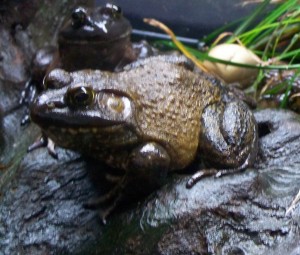Students, as well as animals, can experience damaging emotional and cognitive effects when forced to perform dissections in schools. Some possible negative impacts felt by students include:
- Fear of rejection or punishment from teachers if students refuse to dissect.

- Fear of embarrassment or social stigmatization from peers if student refuse to dissect.
- Becoming emotionally insensitive to the use of animals in science.
- Regarding animals as expendable tools. (Cunningham, 2000).
Other problems with dissection:
- Destructive nature of the procedure can damage tissues or organs meant to be studies in a dissection. (Balcombe, 2001)
- Animals bred and raised for the lab may not fully represent nature (Cunningham, 2000).
- Preservatives and harsh chemicals turn animals rubbery, discolored, and foul smelling (Balcombe, 1997).
- Formaldehyde used as a preservative can cause irritation to the upper respiratory tract, nose, and skin (Balcombe, 2000).
- Student learning can be compromised by feelings of disgust or revulsion.
- Most undergraduate biology students will not go on to careers using practical dissection skills (Downie and Meadows, 1995).
